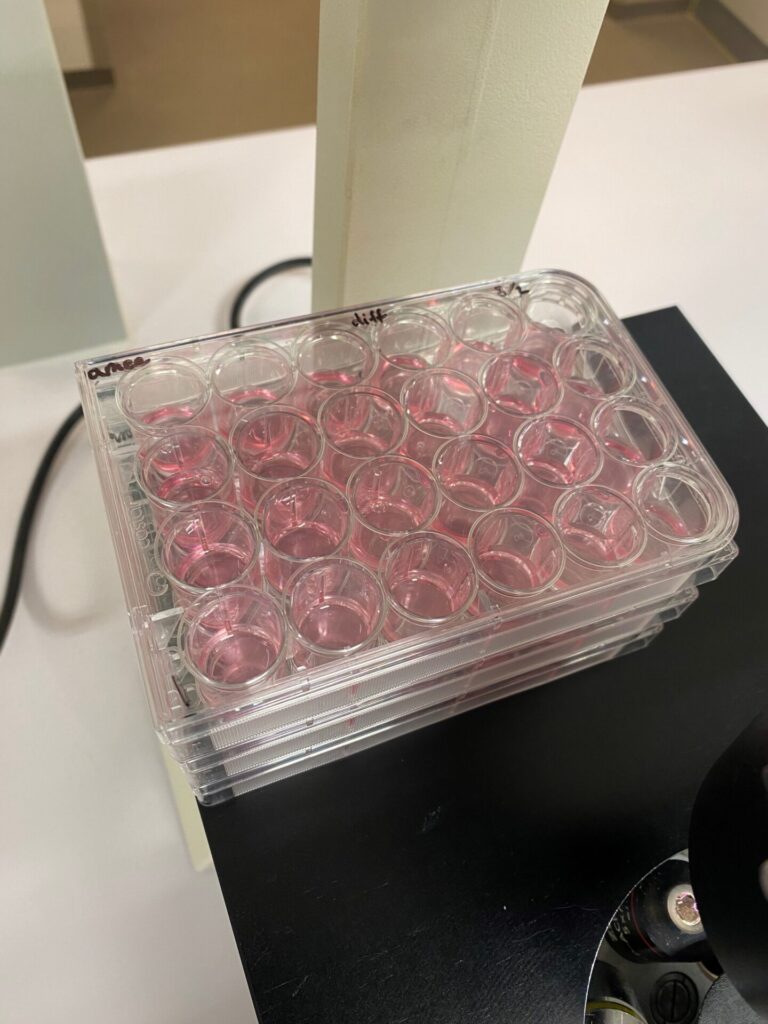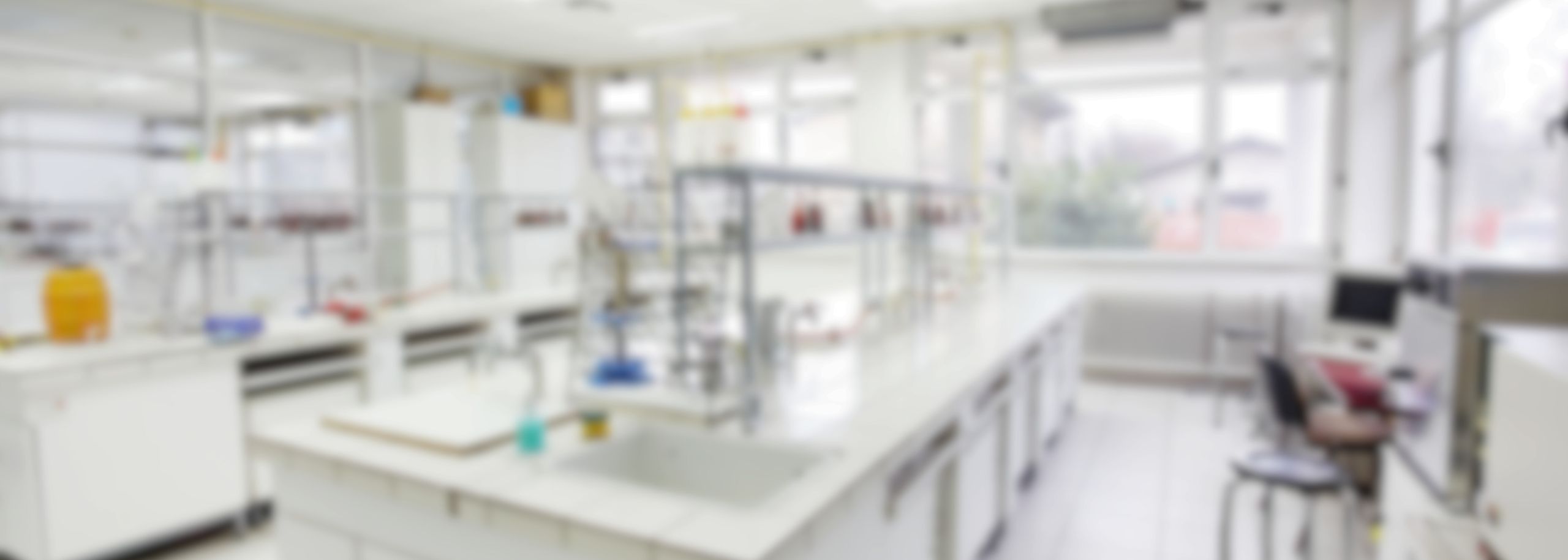Welcome to Drijfveren. Here, researchers tell people what motivates them to work towards an animal-free future. This time, the spotlight is on Dr. Amée Buziau. At Maastricht University she’s working on the development of an animal-free model that should mimic the relationship between fructose and fatty liver disease. Easier said than done, because: “It is really difficult to study this in humans.”

What is fructose and how does it cause fatty liver disease?
Fructose is a sugar that is commonly found in processed foods today and is converted into fat by the liver. Excessive intake can lead to fatty liver disease: the fat builds up in liver cells, causing inflammation and increasing the risk of conditions such as diabetes and hepatitis.
Fatty liver disease is the most common liver disease in the Western world and can eventually lead to liver inflammation, fibrosis, cirrhosis, or diabetes, so it is important that it is properly researched. Traditionally, this is done with mice, but Amée is taking a different approach.
Gradually getting into the lab
If you know Amée’s background, her career will surprise you: she started out in dietetics. “I’ve always had a great interest in nutrition. It wasn’t until I did an internship at a research institute in Auckland during my Nutrition and Dietetics studies that I realized how much I enjoyed it. So I decided to do a Masters to prepare for a scientific career.”
In 2018, Amée started her PhD research on fructose in relation to fatty liver disease. “I knew I would have to work with animals. I didn’t like that, but it was part of the job. It has to be said that we also achieved successful results with these animal experiments, but I still had a bad feeling about it.”
On the hunt for alternatives
Because Amée has the ambition to do as little animal testing as possible, she decided to look for alternative models that could replace laboratory animals in her research, together with her supervisor. But that turned out to be easier said than done: “At the cellular level, there are not many suitable models to study fructose. And in humans it is extra difficult, because then you actually need a liver biopsy. But taking a liver biopsy is very invasive and not without risk and therefore not permitted from an ethical point of view.”
Eventually, Amée came into contact with a group of experts from Leuven. “They use stem cells from skin biopsies to grow liver cells. We thought: maybe this is a good model for my research!”
Dependent on funding
But to go to Leuven, Amée needed external funding. “Research is often hampered by subsidies. In science, you are really dependent on funding for your research. So I had to look for funding, and I got it from Proefdiervrij! Thanks to your funding, I was able to go to Leuven and experiment on liver cells that were grown from stem cells.”

The model did not yet work optimally, but Amée remains optimistic. “Thanks to your funding, I now have the technique at my fingertips, which in turn has contributed to receiving three years of funding from the Diabetes Fund. This will allow me to continue my work. We are now going to optimize the model in the hope of developing a suitable liver model for studying fructose, with the goal of no more laboratory animals in this research and better results for people!”
Are you also looking for funding?
Pilot projects like Amée’s are crucial for animal-free research. They offer researchers the opportunity to quickly and easily test new, animal-free methods. Often, budget and speed are lacking, but with our small funding, researchers can get started right away and achieve results. In this way, we pave the way for completely animal-free science together. Thanks in part to our pilot projects, promising ideas come to life and we accelerate the transition to an animal-free future.
Are you a researcher looking for funding for your pilot? Contact us and send an email to Anne, our science and innovation advisor.

